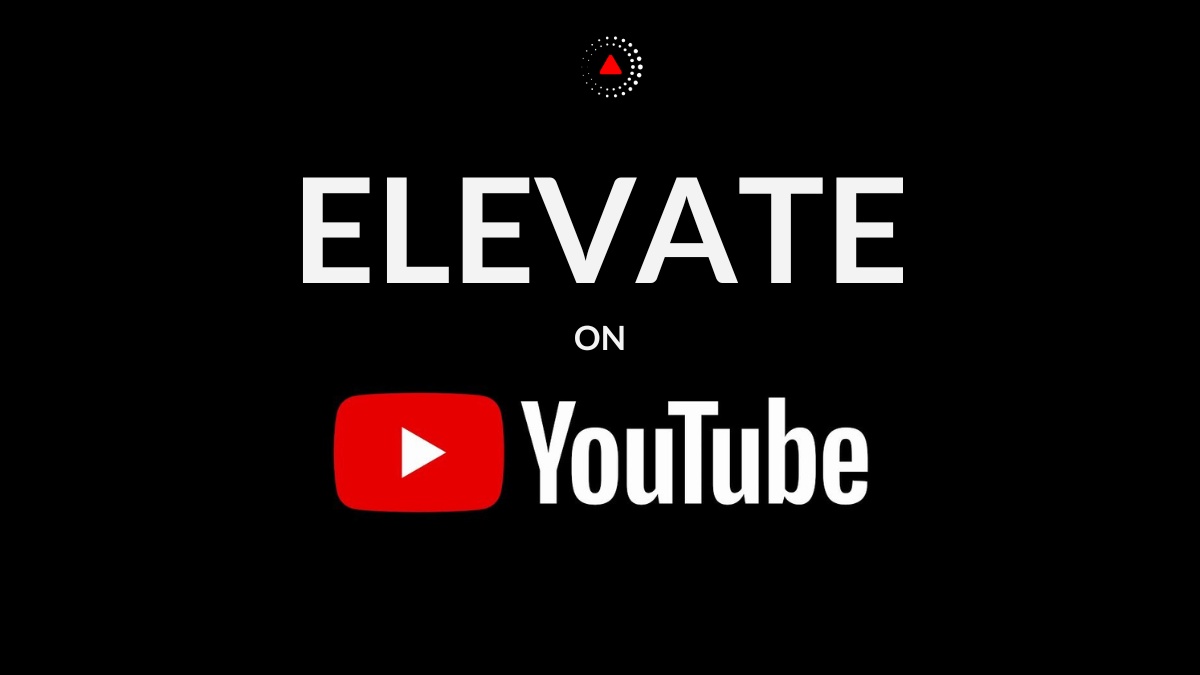The human face is, after all, nothing more nor less than a mask.
What's the meaning of this quote?
Quote Meaning: The quote "The human face is, after all, nothing more nor less than a mask" encapsulates a profound observation about the intricate nature of human identity and the complexity of perception. At first glance, it may seem rather bleak or cynical, suggesting a sense of superficiality or deception inherent in human interactions. However, a deeper exploration reveals layers of meaning that delve into the essence of human existence.
Fundamentally, the quote invites us to contemplate the dual nature of the human face: its physical manifestation and its symbolic significance. On a literal level, the face serves as a visage, the primary means through which we express emotions, communicate with others, and convey our individuality. It is the canvas upon which our experiences, thoughts, and feelings are etched, shaping our outward appearance and influencing how we are perceived by the world.
Yet, beyond its tangible attributes, the face assumes a metaphorical dimension, embodying the concept of identity as a construct influenced by societal norms, cultural expectations, and personal narratives. In this sense, the face becomes a symbolic mask, concealing as much as it reveals about our true selves. Just as actors don masks to assume different roles on stage, humans often wear metaphorical masks in their daily interactions, adapting their demeanor and expressions to navigate social contexts and conform to societal conventions.
Moreover, the quote suggests a certain fluidity inherent in human identity, challenging the notion of a fixed, immutable self. Just as a mask can be donned or discarded at will, humans possess the capacity for self-reinvention and transformation, assuming different personas in various contexts or stages of life. Thus, the face becomes a malleable facade, reflecting not only who we are but also who we aspire to be or are expected to become.
At the same time, the quote hints at the existential question of authenticity versus artifice in human relationships. In a world where appearances often overshadow reality, the distinction between genuine emotion and mere performance can become blurred. Behind the mask of social propriety and convention, individuals may conceal their true thoughts and emotions, leading to a disconnect between outward expression and inner experience.
Nevertheless, amidst the complexities of human existence, the quote also offers a glimmer of insight into the potential for self-awareness and introspection. By recognizing the mask-like nature of the human face, individuals are prompted to delve beneath the surface, to explore the depths of their own identities and to cultivate empathy and understanding for others. In embracing the inherent ambiguity of human expression, one may uncover a deeper sense of authenticity and connection, transcending the limitations of mere appearance.
In essence, the quote serves as a poignant reminder of the enigmatic nature of human identity, challenging us to look beyond the facade of the face and to explore the rich tapestry of emotions, experiences, and aspirations that lie beneath. It invites us to embrace the paradox of the mask: simultaneously concealing and revealing, shaping and reflecting, as we navigate the complexities of human relationships and the journey towards self-discovery.
Who said the quote?
The quote "The human face is, after all, nothing more nor less than a mask." is often attributed to Agatha Christie (Bio / Quotes). Agatha Christie was an English novelist and playwright, known for her detective novels, including "Murder on the Orient Express."
Chief Editor
 Tal Gur is an author, founder, and impact-driven entrepreneur at heart. After trading his daily grind for a life of his own daring design, he spent a decade pursuing 100 major life goals around the globe. His journey and most recent book, The Art of Fully Living, has led him to found Elevate Society.
Tal Gur is an author, founder, and impact-driven entrepreneur at heart. After trading his daily grind for a life of his own daring design, he spent a decade pursuing 100 major life goals around the globe. His journey and most recent book, The Art of Fully Living, has led him to found Elevate Society.

























